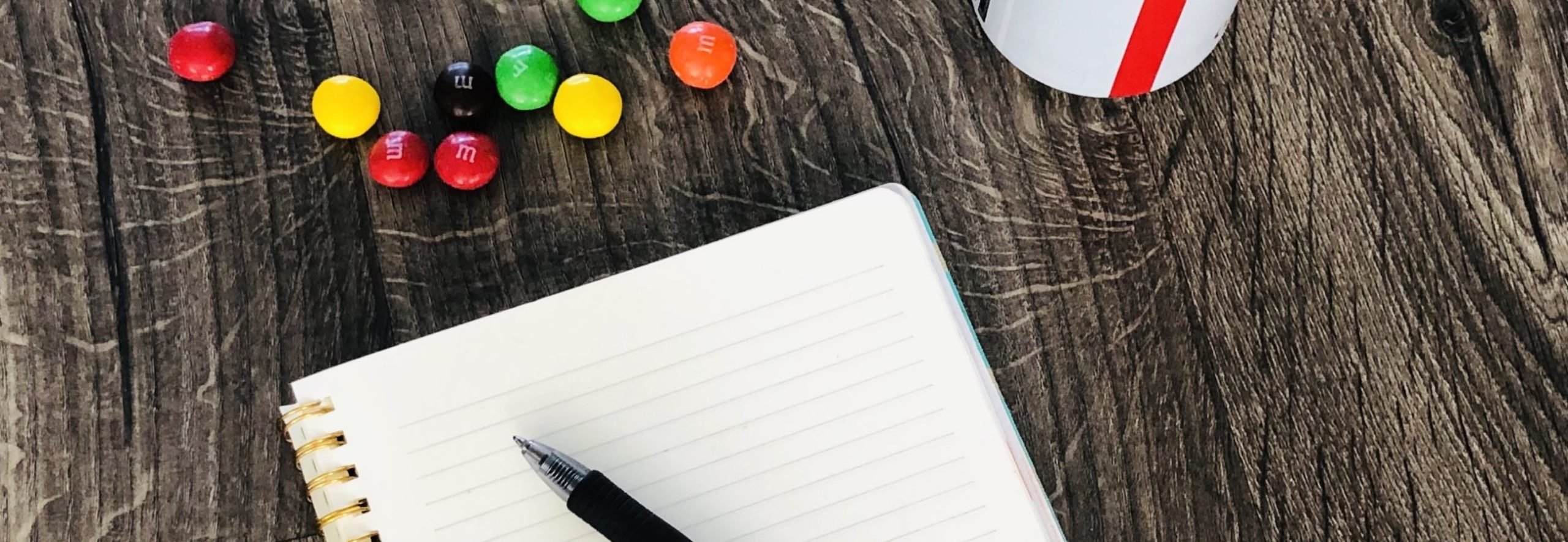It’s probably not surprising to hear that I tend to gravitate toward books about characters with mental illness. Fiction, nonfiction, I’m absolutely fascinated by the subject and devour every piece of literature to help me understand it better.
As I’ve mentioned before, one of the reasons I wrote TWO WHITE PILLS is to create literature that better-represents people with mental illness. I think this applies for everyone, regardless of whether you have mental illness or not—it’s important to see ourselves properly represented in the books we read. That’s why the #ownvoices movement has become so important—to inspire those with underrepresented voices to speak up and share their stories.
Two years ago, I heard author Shannon Hale speak at a writing conference where she said that through writing, we can gain empathy for others. I have to tell you, I’ve gained a whole lot of empathy for others through books. And most recently, I gained a whole new perspective on a side of humanity that I never ventured to understand before.
My entire life, I’ve been taken care of. I know my parents will always be there for me no matter what. I have a loving extended family on both my mom’s side and my dad’s side that I know I can count on. So there has never been any point in my life where I’ve had to face the reality of being completely alone. Or homeless. The lack of food or money needed to keep myself going and take care of car issues, medical issues, or any other upsetting thing that arrises. I know that living life this way is not necessarily the norm and I have been very blessed to grow up the way I have.
Having said that, I recently read Kathleen Glasgow’s novel, GIRL IN PIECES. Going into this book, I knew it was about a girl named Charlie who was a cutter. Never having the compulsion to physicalize my mental pain in that way, I thought it would be interesting to understand the point of view of someone who does. And while Glasgow put into words something that I’m sure was both painful and difficult to adequately express (in the acknowledgments, she speaks of her own experience with cutting), I was unprepared for the rest of the story. The experiences that Charlie has living on the street, leading her to attempt to take her own life to escape being sold in human trafficking. The absolute deflation and loneliness she felt when she was released from the mental health facility she’d been staying in and was given a bus ticket and some cash from her mom and told to leave. To have absolutely nothing to eat and be willing to eat out of dumpsters. To take a less than minimum wage job just to try to survive in a crappy apartment with little to nothing to eat.
It’s so easy to look at a situation from the outside and think, yeah, well all they have to do is break the cycle. To do things differently than their parents did before. To find new friends and get a job where they’re surrounded by wholesome people who will lift them up and encourage them. But in reality, that is just not the case.
In this novel, poor Charlie does everything she can to try to make a better life, but given her age, her lack of skills and education, and the fact that she doesn’t want to talk to anyone or have to dress in a way to show her scars, she ends up attracting the exact same people and situations she was hoping to escape. After reading this book, I cannot see how anyone ever truly escapes the lives they are born into. I mean, good, bad—how do you blaze that trail and create something you know nothing about and have no connection to?
To anyone out there who’s been able to change their situation—you are my hero. I mean really. I’m not sure I would be brave or tough enough to do it. Stepping out of my comfort zone is hard, but jumping off a high dive into the great unknown feels downright impossible.
While GIRL IN PIECES was a painful read, I recommend it to anyone who wants to gain some empathy and understand a little more what life is like for people who aren’t as fortunate as we are to have a safe place to call home and the comfort of knowing where our next meal will come from. This book has changed me completely in so many ways. And that’s what good books do. They force us to push past our safe zones and experience the world from someone else’s perspective. I know I’ll never be a perfect person, but I sure as heck can continue working hard every single day to appreciate the struggles of others and expand my understanding and empathy. Like Dr. Seuss said, “A person’s a person no matter how small”. And the word “small” can be changed out to fit in any other adjective you can think of. We are all people. We can all work a little harder to do a little better and make sure the people around us, no matter who they are, know that they’re valued, accepted, and needed. There is not a person in the world who couldn’t benefit from that.
